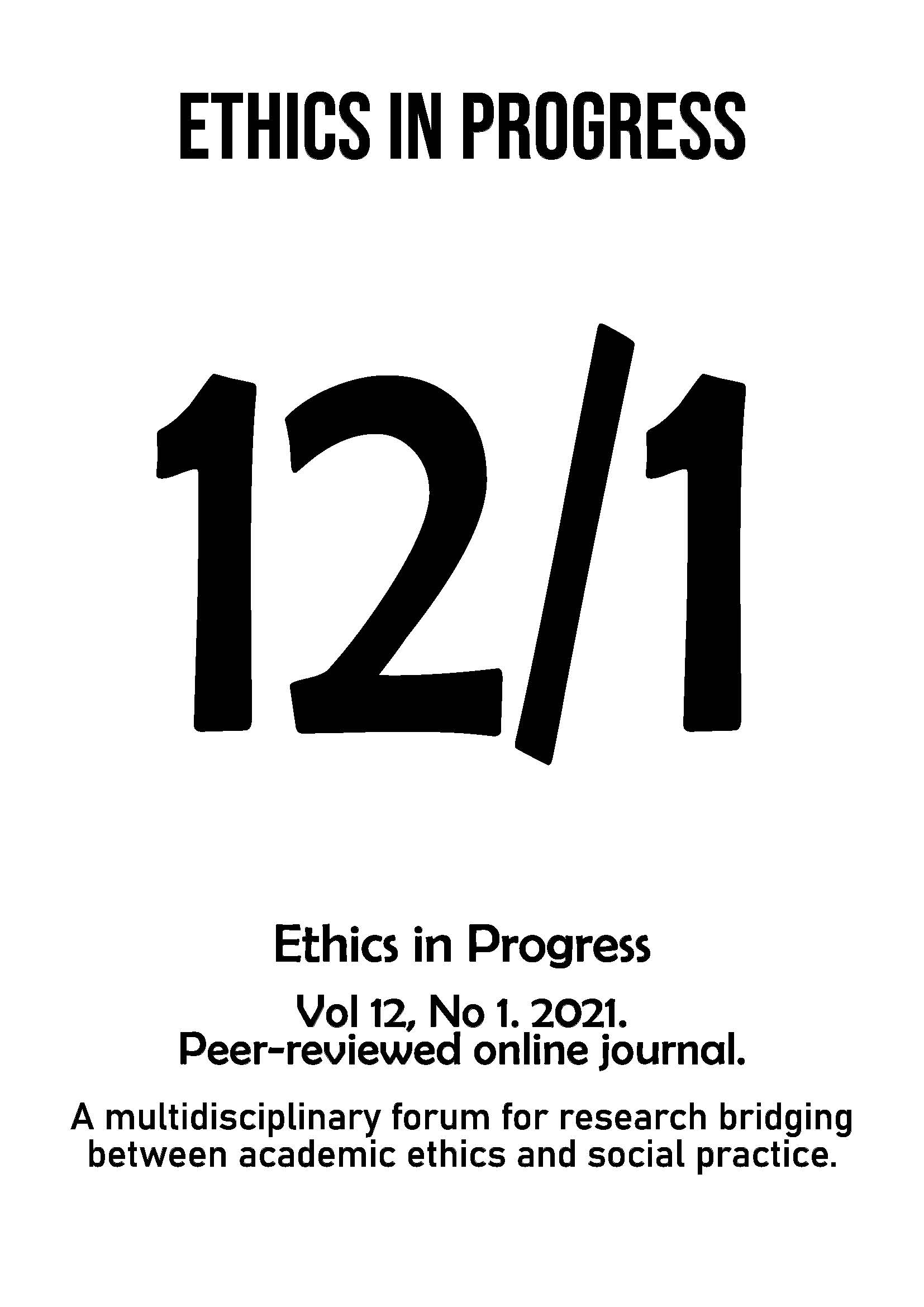Moral Competence and Foundations of Moral Judgment. An Empirical Exploration of Concepts and New Possibilities for Understanding
Moral Competence and Foundations of Moral Judgment. An Empirical Exploration of Concepts and New Possibilities for Understanding
Author(s): Bogdan PopoveniucSubject(s): History of Philosophy, Philosophical Traditions, Special Branches of Philosophy
Published by: Uniwersytet Adama Mickiewicza
Keywords: moral competence; moral judgment; moral intuitions; moral orientations; axiology
Summary/Abstract: The present study examines the relation between the moral intuitions proposed by the ‘Moral Foundations Theory’ according to J. Haidt and the moral orientations in relation with moral competence, as described by the ‘Dual-Aspect Model of Moral Behaviour’ according to G. Lind. It is an empirical exploration of the relation between the five foundational domains (and/or the corresponding two higher-order clusters) and the moral orientations, as this results from the theoretical assumptions of both theories, and the influence on and of the moral competence on these aforementioned relations. The shared affective and, at the same time, habitual characteristics of moral intuitions and moral orientations, although based on different theories (intuitionism, respectively, cognitivism) should converge in a dynamic relationship. The basic motivation is the need to overcome the affective-cognitive disjunction in the study of moral judgment, which is artificial. The human (moral) reasoning is always a situated and situating one, in a symbolic narrative universe, in which the cognitive-affective dichotomy forms a dynamic unity. This overstated dichotomy is only a methodological necessity, but unfortunately hypostasized in an explanatory mechanism that leads to the impermissible simplification of the phenomenon that it seeks to understand. The empirical results confirm the limits of both cognitive and intuitions paradigms and advocates for a more nuanced and dynamic approach in understanding the moral judgment within a more comprehensive conception on human personality. Finally, the implications for the contemporary psychology’ paradigm are discussed.
Journal: Ethics in Progress
- Issue Year: 12/2021
- Issue No: 1
- Page Range: 39-58
- Page Count: 20
- Language: English

